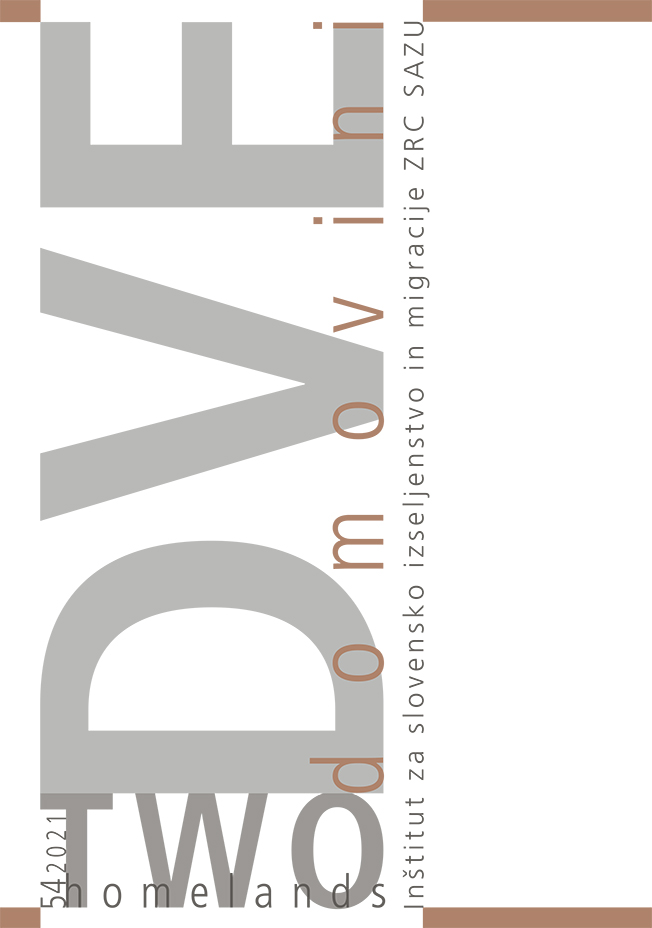Old Rhetoric and New Devices: Quarantine Ships as an Instrument of Externalization
DOI:
https://doi.org/10.3986/dd.2021.2.11Keywords:
asylum seekers, COVID-19, quarantine ships, rhetoric, externalizationAbstract
The article aims to illustrate and explore the rhetoric and institutional approach toward migrants – asylum seekers in particular – undertaken by Italy following the COVID-19 crisis. Through the account of the different “narrative phases” and the consequent institutional action undertaken, this article intends to demonstrate how the health crisis has sharpened and even intensified pre-existing attitudes and practices. The actions taken in the last year can be understood as a further step in the process of externalizing the borders. Through the instrumental use of rhetoric and illegitimate practices, a sort of de-territorialization has been implemented through the use of quarantine ships.
Downloads
References
Butler, Judith, Athanasiou, Athena (2013). Dispossession: The Performative in the Political. Cambridge: Polity Press.
Cuttitta, Paolo (2006). I confini d’Europa a Sud del Mediterraneo. Strumenti e incentivi per l’esternalizzazione dei controlli. Migrazioni, frontiere, diritti (eds. Paolo Cuttitta, Fulvio Vassallo Paleologo). Napoli: ESI, 13–40.
Geraci, Salvatore (2006). La sindrome di Salgari vent’anni dopo. Janus 21, 21–29.
Rahola, Federico (2006). La forma campo: Appunti per una genealogia dei luoghi di internamento contemporanei. DEP 5–6, 21.
Sontag, Susan (1989). L’aids e le sue metafore. Torino: Einaudi.
Stege, Ulrich (2020). Sbarchi e porti chiusi, tra Covid-19 e la “pavida” solidarietà in Unione Europea. Il diritto d’asilo Report 2020 Costretti a fuggire … ancora respinti, 37–57 https://www.migrantes.it/wp-content/uploads/sites/50/2020/11/DirittodAsilo2020-23-11.pdf (26 Dec. 2020).
Downloads
Published
How to Cite
Issue
Section
License

This work is licensed under a Creative Commons Attribution-NonCommercial-NoDerivatives 4.0 International License.
Authors guarantee that the work is their own original creation and does not infringe any statutory or common-law copyright or any proprietary right of any third party. In case of claims by third parties, authors commit their self to defend the interests of the publisher, and shall cover any potential costs.
More in: Submission chapter





